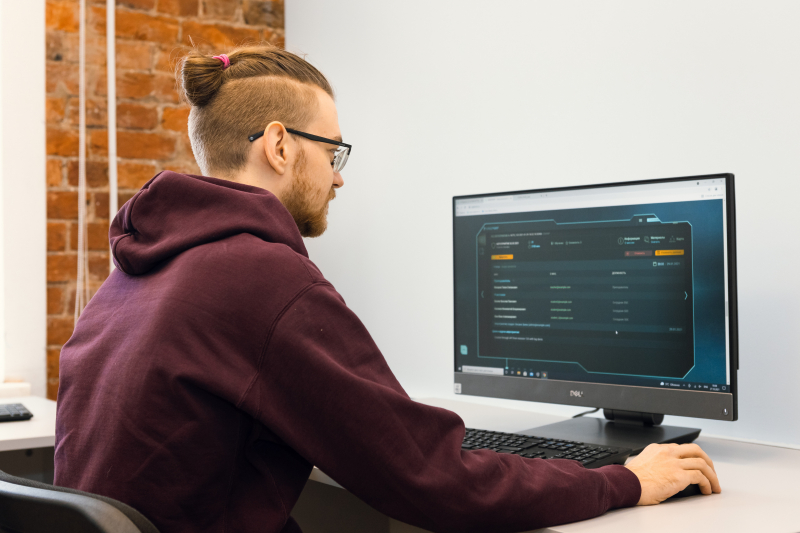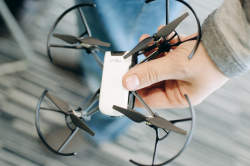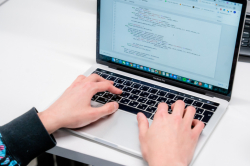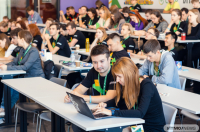Tasks at every stage
Last year’s contest featured similar tasks for Bachelor’s and Master’s students on both online and on-site rounds. Those were tasks on cryptography, identifying web vulnerabilities, analyzing network traffic, reverse engineering and forensics for information and cyber security crimes, such as data leaks and break-ins into web servers. In the final round, contestants had to answer questions from experts and elaborate on their solutions to the tasks.
Training for the Information & Cyber Security track
Alexander Sytnik, a first-year Master’s student at ITMO’s Faculty of Secure Information Technologies and last year’s bronze medal winner, had won another bronze medal back in the third season of the contest. He credits his most recent win to his experience in CTF contests, as well as to practicing by solving tasks from previous years and studying the materials provided by the organizers.
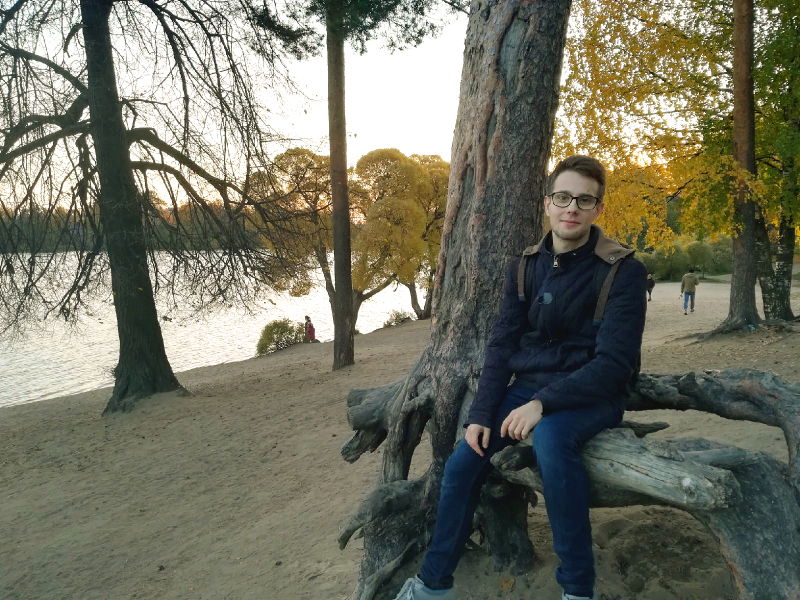
Alexander Sytnik. Photo courtesy of the subject
Last year’s contest also wasn’t the first one for Dmitry Tatarov, a PhD student at ITMO’s Faculty of Secure Information Technologies, who had been participating in I Am a Professional since his Bachelor’s studies. He believes that this experience helped him earn the bronze medal in 2021. Among other things that helped him win, he lists Russian and international CTF contests, such as Hack The Box University CTF and the Russian CTF tournament. Moreover, Dmitry finds that cryptography courses he took at ITMO as a Bachelor’s and Master’s student were also of great help.
The hardest part
The online solutions defense in the final round made Alexander Sytnik especially nervous because he wasn’t used to this kind of tasks on other information security contests.
As for Dmitry Tatarov, he faced difficulties when solving the cryptography tasks. He believes it has to do with the fact that tasks from other categories were familiar to him thanks to his job and participation in CTF tournaments, while cryptography was mainly just one of his university courses. Moreover, the tasks in question were rather theory-oriented, so that the participants could only get them right or wrong and were not able to monitor their progress like it was with other tasks.
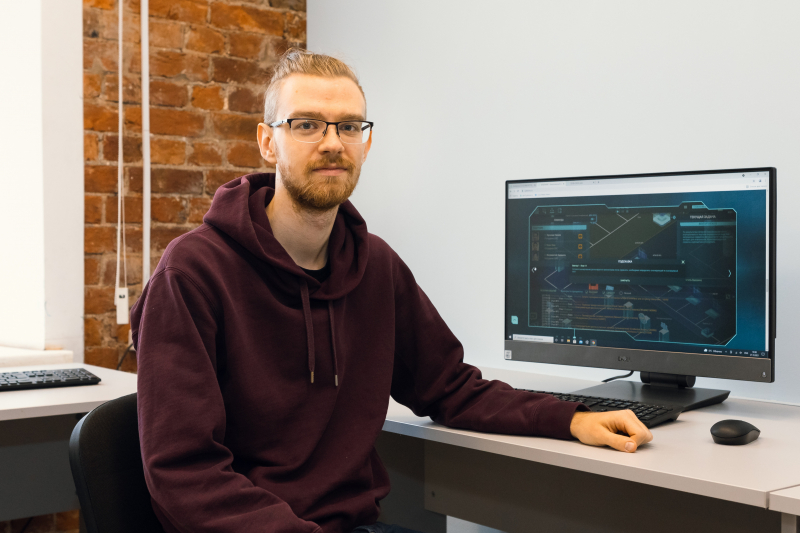
Dmitry Tatarov. Photo by Dmitry Grigoryev, ITMO.NEWS
Life after the contest
To Dmitry Tatarov, the contest meant the opportunity to enter his PhD program without exams, As for the monetary prize, he used it for capital investments.
Alexander Sytnik is planning to put his prize on a deposit account and save up for an apartment in St. Petersburg. Moreover, his win helped him secure his enhanced monthly stipend at ITMO and apply for the Presidential and Government scholarship contest.
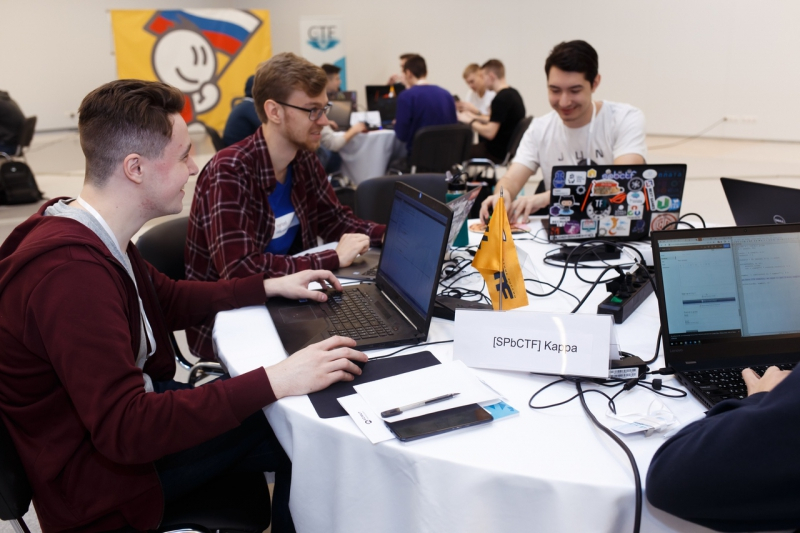
Finals of the regional NordCTF tournament in 2019. Credit: ITMO.NEWS
Tips for future winners
“First of all, look through demos from previous years and solve every task. Second, join the SPbCTF community to get to know the topic, especially if you’ve never participated in such contests before. Third, don’t type in your answers right away – you only get one attempt at each task. Write them down on a piece of paper first and look at them once more before submitting them; this might prevent mistakes and give you the chance to think of a more elegant solution. Finally, don’t think that a task is unsolvable – try to suggest any solution you can think of,” says Alexander Sytnik.
“I think that the best strategy is to have a broad knowledge of your field of interest and be prepared for any kind of tasks, not just those specific for a particular contest. That’s why I’d recommend participating in CTF tournaments and interacting with the SPbCTF community,” adds Dmitry Tatarov.
